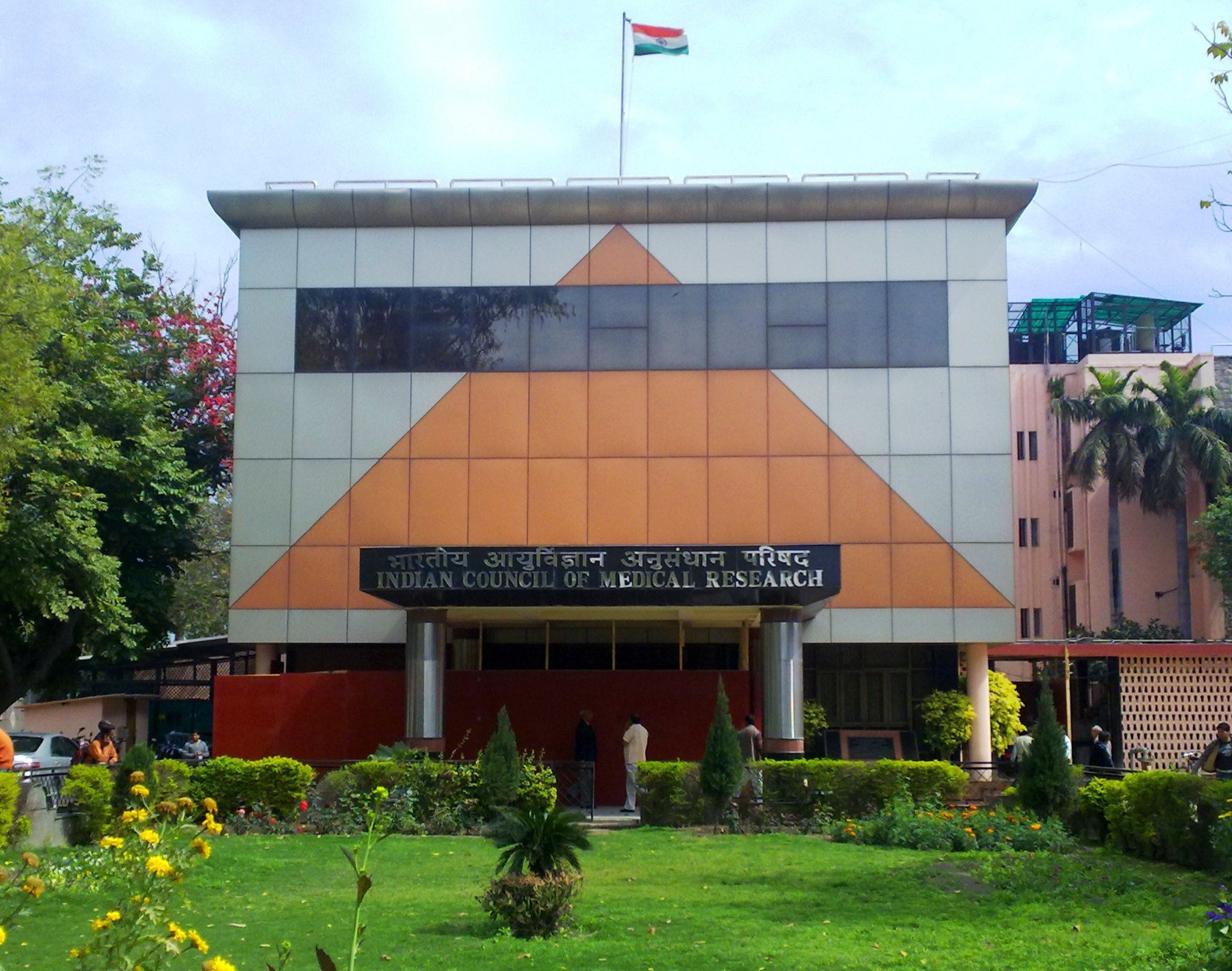It is expected that ICMR will ensure that India becomes a global hub for making low-cost test kits.
New Delhi: The prestigious Indian Council of Medical Research (ICMR) needs to ensure the removal of existing delays in the manufacturing of home-grown Wuhan virus testing kits, sources dealing with testing kits say.
Feedback from the country’s domestic pharma sector has caused the ICMR to be active and change its validation norms. Initially, many companies waited for several months to get the validation process done. The ICMR has now added four more validation centers besides the ICMR-NIV (National Institute of Virology) Pune, but industry sources say many more are needed.
“Knowing the harshness of the situation and the need for having a large number of Wuhan virus testing kits in the country, officials at the ICMR needed to take timely action to ensure fast production of indigenously manufactured Wuhan virus testing kits. This has left the field to companies selling imported test kits and they were not in a position to locally manufacture the test kits,” a source close to the ICMR told The Sunday Guardian. It is expected that ICMR will ensure that India becomes a global hub for the manufacture of low-cost test kits and medicines rather than remain dependent on imported drugs and kits.
The same source cited above said: “It is worth noticing that the previous norms for manufacturing home-grown testing kits were restrictive in nature, at least for domestic Indian companies, as according to the old provisions, having USFDA (U.S. Food and Drug Administration) and European CE (Conformitè Europëenne) was mandatory for the manufacturing of the kits.”
“CoSara—a joint venture of Co-Diagnostics Inc of Utah, USA, and Ambalal Sarabhai Enterprises of India—was not in a position to begin commercial manufacture of the Wuhan virus testing kits anywhere despite becoming first to get the CDSCO (Central Drugs Standard Control Organisation) licence. In contrary, the lone Indian company, MyLab Discovery Solutions, which got the validation process done only a week ago after the new norms came into place, have already supplied the indigenously manufactured kits and this was possible because of having locally procured raw material,” the same source cited above said.
MyLab’s Wuhan virus testing kits will not only limit the country’s dependency on the imported kits from the US, Germany, and South Korea, but it will reduce the cost and time in this hour of need.
So far, the ICMR has completed the validation process of the Wuhan virus testing kits manufactured by 14 separate companies and organizations, including IIT-Delhi. However, only three companies, including only one sole Indian Pune-based company—MyLab Discovery Solutions—could get the validation that is 100% true negative and 100% true positive concordance. The other two companies which received the validation are Germany-based Altona Diagnostics and Seegene which is South Korean.
Deepak Kumar, official spokesperson of MyLab Discovery Solutions, told The Sunday Guardian: “In the first batch, Mylab Discovery Solutions will supply testing kits to conduct 15,000 tests that were developed in a record time of six weeks. Mylab PathoDetect COVID-19 Qualitative PCR kit screens and detects the infection within 2.5 hours, compared to more than seven hours taken by current protocols.”
“MyLab Discovery Solutions says its test kits can test about 100 patients with one kit. An average laboratory with automated PCR can test more than 1,000 patients a day. Our test kit will reduce the diagnostic cost to one third from the cost bar that is set by the ICMR. Also, as the country was not testing enough cases to know the extent of the Wuhan virus spread due to inadequacy and lack of kits, the indigenous solution could be useful in early detection of the spread,” Kumar said. In order to fast-track the process, the ICMR on Thursday added three more validation centers that include ICMR-National AIDS Research Institute (NARI), ICMR-National Institute of Pathology, New Delhi and ICMR-National Institute of Cholera and Enteric Diseases.
Speaking to this reporter, Tarun Jain, General Manager (South Asia) of Altona Diagnostics India Pvt Ltd, another company which passed the validation test, told The Sunday Guardian: “Altona is a German company and the kit manufactured by it is designed and produced in Germany. As this time, the country will need testing kits in bulk; therefore, it is expected to see many more companies coming up with their kits.” Asked about the price of Altona’s kit that is sold to the Indian government, Jain refused to divulge the same. Responding to queries raised by this reporter, Dr Lokesh Sharma, Media Convener of the ICMR, said: “The ICMR looks after the testing process and it does not grant any certificate. The existing norms for manufacturing testing kits mandate for no validation requirement for companies with USFDA certificate and European CE. Due to these existing norms, companies like CoSara and several others did not need to go through any validation process and, therefore, they got the approval of CDSCO for manufacturing the kits, while in case of manufacturers without USFDA certificate and European CE, they needed to go through the validation process.”
Asked why the ICMR “delayed’ the process of completing validation that was required for companies willing to manufacture kits without USFDA certificate and European CE, Sharma said: “We did not delay, the process took its own course.”
Asked why the globally well-regarded ICMR did not come up with an early response, Sharma said, “In the normal circumstances, it is always the responsibility of the drug controller general of India (DCGI) to come up with norms, but in the kind of situation we are in, ICMR is deciding much of the norms and process of validation.”

